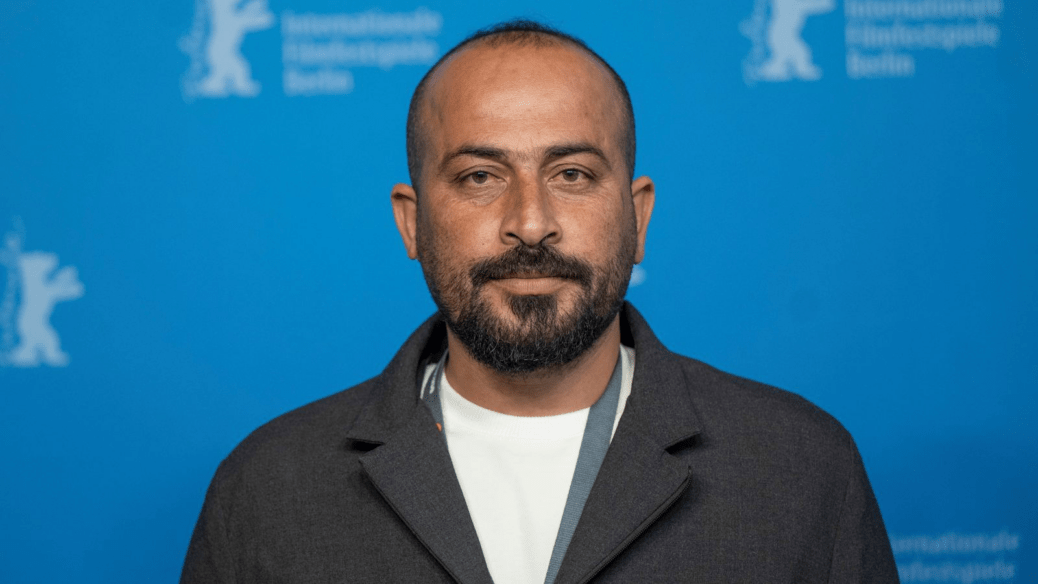In the midst of escalating tensions in the southern Gazan city of Rafah, an office belonging to the International Committee of the Red Cross (ICRC) sustained damage from an explosive projectile.
The attack, which caused significant structural harm, has raised concerns about the safety of humanitarian organizations operating in conflict zones. The Red Cross plays a crucial role in providing medical assistance, food, and other essential services to civilians caught in the crossfire, making any damage to its facilities particularly alarming.
Although no casualties were reported, the attack has had serious operational consequences, limiting the organization’s ability to carry out its vital mission in the region.
The Israeli military later confirmed that its forces were responsible for the attack, stating that they had fired at the building after identifying potential threats in the area. According to a statement released by military officials, soldiers perceived the presence of suspicious individuals near the structure, prompting them to take defensive action.
However, the military admitted that their initial identification had been incorrect, leading to an unintended strike on the Red Cross office. This acknowledgment has sparked renewed scrutiny over the precision of military operations in densely populated areas, where the risk of harming civilians and critical infrastructure remains high.
Following the incident, the Israeli military issued an official explanation, noting that the ownership of the building had not been known at the time of the attack. The statement emphasized that the strike had not been intentional and that forces had acted based on real-time assessments of the situation.
However, critics argue that such misidentifications have become a recurring issue in the ongoing conflict, raising serious questions about the effectiveness of intelligence gathering and the safeguards in place to prevent such errors.
The damage to the Red Cross office serves as yet another example of the devastating impact that military miscalculations can have on humanitarian efforts.
For the Red Cross, the attack has had immediate and far-reaching consequences. The organization relies on its facilities in Gaza to coordinate aid deliveries, provide medical care, and support local health services already under immense strain due to the ongoing violence.
With its office in Rafah now compromised, the ability to respond to urgent humanitarian needs has been severely hampered. Red Cross officials have expressed concern that such attacks not only endanger their personnel but also undermine the trust and neutrality that humanitarian organizations depend on to operate effectively in conflict zones.
In response to the incident, the International Committee of the Red Cross issued a statement condemning the attack, while also stressing the need for all parties to respect the neutrality of humanitarian institutions. The organization underscored that the targeting of aid facilities, whether deliberate or accidental, has a direct impact on its ability to carry out life-saving operations.
While acknowledging that no staff members were injured in this particular strike, the ICRC warned that continued attacks on humanitarian structures could force aid groups to scale back their efforts, leaving thousands of vulnerable civilians without crucial assistance.
This attack comes amid heightened tensions and intensified military operations in Gaza, where civilians and humanitarian workers alike are struggling to navigate the dangers of an active war zone. The city of Rafah, in particular, has witnessed repeated clashes and airstrikes, with many residents forced to flee their homes in search of safety.
For humanitarian organizations, the growing insecurity has made it increasingly difficult to deliver aid effectively. The Red Cross, along with other agencies, has repeatedly called for the protection of humanitarian spaces to ensure that assistance can reach those who need it most.
The misidentification of the Red Cross office as a potential military target highlights broader concerns about the use of force in conflict zones. Analysts argue that despite technological advancements in surveillance and targeting systems, errors of this nature continue to occur with alarming frequency.
The consequences of such mistakes can be catastrophic, not only in terms of immediate damage but also in eroding trust between military forces and the humanitarian community. As the conflict persists, ensuring the accuracy of military operations remains a crucial challenge for all parties involved.
In light of the incident, international organizations and human rights groups have renewed calls for greater accountability in military operations. They argue that the repeated targeting of humanitarian facilities, whether intentional or accidental, cannot be overlooked.
Some groups have urged independent investigations into incidents like these to determine whether proper protocols were followed and to prevent similar occurrences in the future.
Such investigations are seen as essential for maintaining the integrity of international humanitarian law, which explicitly protects aid organizations and their staff from attacks.
Despite the Israeli military’s admission of error, the attack has fueled growing concerns about the broader impact of the conflict on humanitarian efforts in Gaza. The region has long suffered from a fragile infrastructure, and any additional damage to aid facilities only exacerbates an already dire situation.
The Red Cross and other aid organizations have called for increased efforts to safeguard their operations, emphasizing that their sole objective is to assist those in desperate need, regardless of political or military considerations.
As diplomatic efforts to de-escalate the situation continue, humanitarian organizations are urging all parties to exercise greater caution in military operations. The need for clearly defined no-strike lists, improved intelligence-sharing, and enhanced coordination with humanitarian groups has never been more urgent.
Without such measures, the risk of further attacks on aid facilities remains high, putting both humanitarian workers and the civilians they serve in grave danger.
The damage to the Red Cross office in Rafah serves as a stark reminder of the complexities and dangers of modern warfare. As conflicts become increasingly urbanized and technologically advanced, the need to protect humanitarian spaces must remain a top priority.
While military forces may operate under intense pressure, mistakes that impact neutral aid organizations can have long-lasting consequences, further deepening the suffering of already vulnerable populations.






